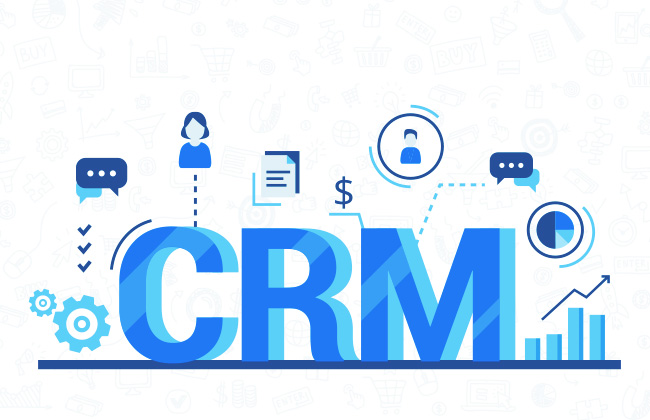As a small business owner, you are constantly looking for ways to streamline your operations, improve customer relationships, and drive growth. One tool that can be incredibly valuable in achieving these goals is a customer relationship management (CRM) system. CRM software provides a centralised platform for managing all your customer data and interactions, and when implemented effectively, it can deliver significant benefits for your small business. In this blog, we’ll discuss the 5 key benefits of implementing CRM in your small business:
1. Improved Customer Insights and Segmentation
Using a CRM system, you can gain deeper, more actionable insights into your customer base. CRM software collects and consolidates customer data from various sources, including sales interactions, marketing campaigns, customer service tickets, and more. This gives you a 360-degree view of each customer, which helps you better understand their needs, preferences, and buying behaviours. With these rich customer insights, you can then segment your customer base into more targeted groups.
For example, you might identify a segment of high-value customers that require more personalised attention, or a segment of price-sensitive customers that respond best to promotional offers. By delivering more personalised experiences, you can strengthen customer loyalty, increase customer lifetime value, and attract new prospects.
2. Streamlined Sales Process and Improved Productivity
Implementing a CRM system can also improve your sales team’s productivity and efficiency. CRM software provides sales reps with a comprehensive view of each prospect and customer, including their contact information, communication history, open opportunities, and more. Therefore, by reducing the need to switch between multiple systems or hunt for information, sales reps can spend more time on what they do best: selling.
CRM systems typically include features like automated lead routing, opportunity tracking, and pipeline management, which help sales teams stay organised. This can lead to faster sales cycles, higher close rates, and increased revenue without requiring sales reps to work longer hours.
Additionally, the insights gained from CRM data can inform your sales strategy and training. You can identify top-performing sales tactics, inefficacies in the sales funnel, and opportunities for improvement. With this intelligence, you can optimise your sales process and help your team become more successful. Manager (businessman, coach, leadership) plan to increase company productivity.

3. Enhanced Marketing Effectiveness
Besides sales benefits, CRM can improve the effectiveness of your marketing efforts. By collecting customer data in a single system, you can gain a deeper understanding of your target audience and create more personalised, relevant marketing campaigns. For example, you can use CRM data to segment your email lists by factors like purchase history, engagement levels, or demographic information. This allows you to deliver personalised messages that are more likely to resonate with each recipient, leading to higher open rates, click-throughs, and conversions.
CRM software contains marketing automation capabilities, which allow you to nurture leads, cross-sell and upsell existing customers, and re-engage inactive contacts through triggered email sequences and other automated touchpoints. This helps you maximise the value of your marketing investments and maintain consistent customer engagement with minimal manual effort.
4. Improved Customer Service and Retention (CRM)
Providing exceptional customer service is crucial for small businesses, as it can be a key differentiator and driver of customer loyalty. CRM systems enable superior customer service by giving your team a centralised hub for managing all customer interactions and support requests.
When a customer contacts your business, your support team can instantly access their complete history – including past purchases, communications, any issues, etc. This helps your team provide more personalised support, which can lead to higher customer satisfaction.
5. Improved Data Security and Compliance
Finally, implementing a robust CRM system can also provide important benefits in terms of data security and regulatory compliance. Small businesses often struggle with managing customer data across disparate systems and spreadsheets, which can increase the risk of data breaches, loss, or misuse.

Final Words
CRM platforms offer advanced security features, such as access controls, encryption, and audit logging, to help protect your sensitive customer information. This not only minimises the legal and financial risks associated with data breaches but also helps you maintain compliance with relevant data privacy regulations. Besides, the centralised nature of CRM systems makes it easier to back up and recover customer data in the event of a system failure or natural disaster. This ensures business continuity and gives you the peace of mind that your critical customer information is secure.
So upgrade your small business with Elde Tech – the CRM partner you can trust.
